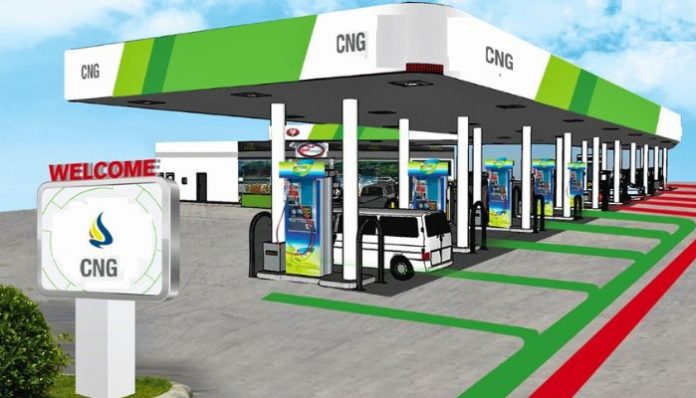Despite the Federal Government’s growing push to transition Nigeria’s public transport sector to Compressed Natural Gas (CNG) as a cleaner and more cost-effective alternative to petrol and diesel, actual adoption in the Federal Capital Territory, Abuja, remains disappointingly low.
This sluggish uptake starkly contrasts with the government’s optimistic narrative that touts CNG as a silver bullet for reducing transportation costs and curbing environmental degradation.
On the ground, however, commercial drivers, transport union leaders, civil society actors, and energy experts cite deep-rooted skepticism, regulatory and policy bottlenecks, and a dire lack of supporting infrastructure as major barriers to implementation.
Report shows that FG has invested over $450 million in the development of Nigeria’s Compressed Natural Gas (CNG) value chain since 2023.
The Federal Government has taken ambitious steps, including launching the Presidential Compressed Natural Gas Initiative (PCNGi), which promises the deployment of 11,500 CNG-powered buses nationwide and offers incentives for vehicle conversion. The initiative is central to the post-subsidy transportation strategy, aiming to reduce operating costs while cutting carbon emissions.
Yet, in Abuja—one of the most strategic urban centres for any pilot—the response has been underwhelming.
His concerns mirror those of union leaders in the Federal Capital Territory. According to the Abuja chapter of the National Union of Road Transport Workers (NURTW), several challenges—ranging from limited public awareness to the high cost of vehicle conversion and poor access to refuelling stations—are stalling progress.
A major stumbling block for the CNG initiative is the absence of refuelling infrastructure. Currently, Abuja has only a few functioning CNG stations, most of which are located in industrial areas, far removed from commuter or transport hubs.
“It’s one thing to say CNG is cheaper,” said Oluchi Nwankwo, a civil society advocate for sustainable mobility. “But if the infrastructure isn’t there, people won’t adopt it. Convenience matters, especially for drivers already under pressure.”
Adding to the problem is the prohibitive cost of vehicle conversion, which ranges between N300,000 and N600,000—without clear government-backed subsidies or financing schemes.
